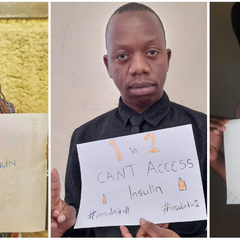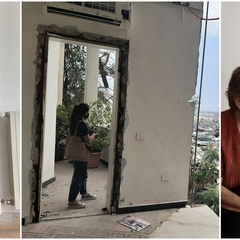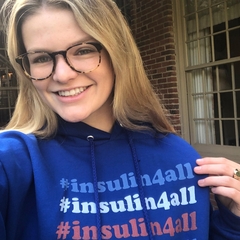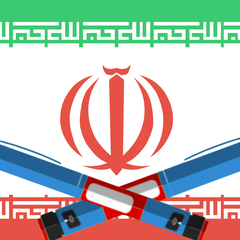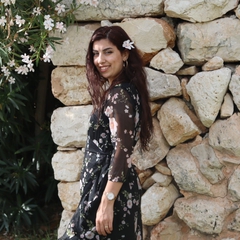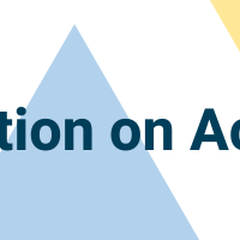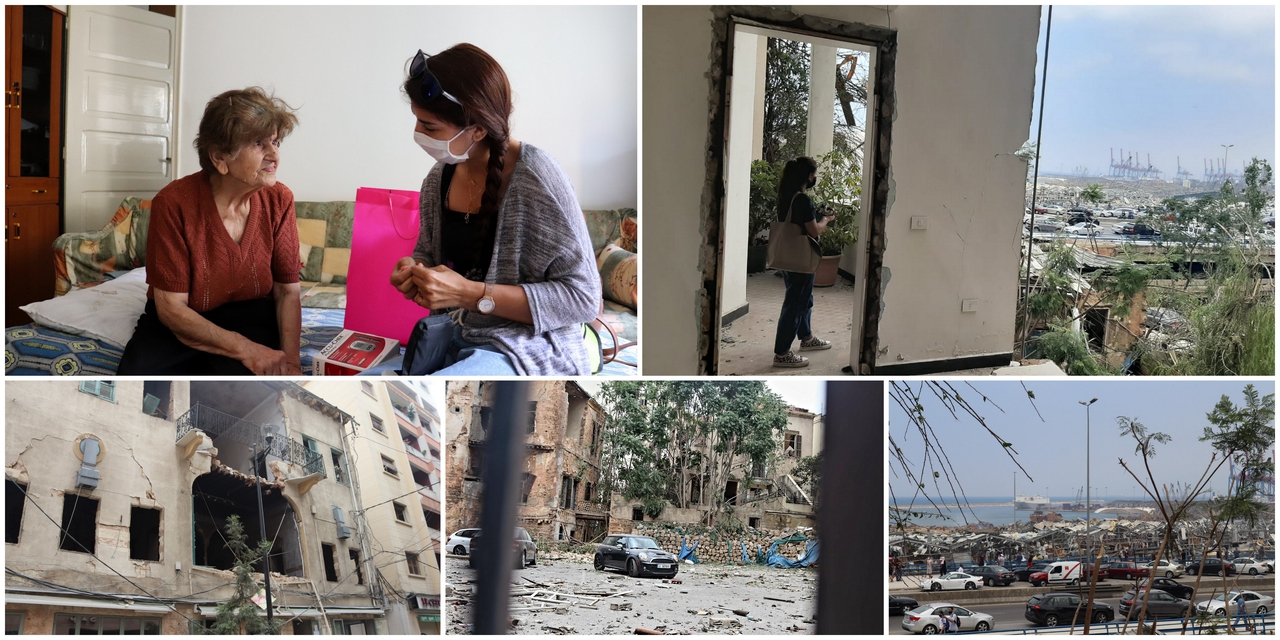
People with Type 1 Diabetes Take Action After the Explosion in Beirut
18 Aug 2020, 11:30 a.m. in Global Stories, News & Statements by T1International
What happened in Beirut?
On August 4, a terrible explosion hit the port of Beirut, Lebanon. Experts stated that it was a semi-nuclear blast. It has been ranked as the third deadliest explosion to hit the globe after Hiroshima and Nagasaki. It was heard by people in Cyprus, meaning that the sound waves travelled to another country. Those living 10 km (6 miles) away from where it happened had shattered glass at their homes.
The explosion has been linked to storages of large amounts of ammonium nitrate, which is known to have also killed thousands of people around the world. It is still unknown what set off the ammonium nitrate at the port, but more than 200 people were killed, with the death toll increasing every day. The blast left a crater 43 meters deep, destroying the city. In addition to those who died, there have been more than 4000 people injured and 300,000 displaced.
“My first thoughts when it happened was that an earthquake had hit, because the earth shook so hard that I could literally feel tectonic plates shifting. The first thing I did was grab my insulin supplies and run down the stairs,” said Cyrine Farhat, T1International's Global Advocate.
What is the impact?
Lebanon has already been facing a financial crisis, and some people with diabetes were struggling to afford their insulin and supplies. Now, the humanitarian crisis is exacerbating that situation.
Cyrine said, “I spent the first 24 hrs watching the news, I saw many people stuck under rubble. I kept imagining if I were them. How would a death like that feel? Would I suffer? What if I ran out of insulin while stuck there? A million thoughts ran through my mind, and I knew that I had to move, and move fast. People lost their homes; where would they get their medication?”
How are people with diabetes supporting each other?
Cyrine started reaching out to international friends coming in from abroad. She asked them to gather whatever insulin and diabetes supplies donations they could collect and bring them in with people coming into the country. People also started reaching out, wanting to donate money and help.
As part of the advocacy efforts, Cyrine (positiveonglucose) joined efforts with two other women living with type 1 diabetes in Lebanon, Nadine (diabetic.diaries) and Nour (insulearn_). They created the campaign of Insulin 4 All Lebanon to help people specifically during the crisis through fundraising and collecting diabetes medical supplies to combat the already minimal access to resources that many in the community are facing. They are working daily to carry out a process of identifying cases, screening and verifying the needs, and finally delivering the required support across all areas in Lebanon.
“The people we are supporting range from young to old, and have varieties of medical conditions,” Cyrine shared. “One case was an 80 year old man with diabetes who has severe neuropathy and complications. He also has Alzheimer’s and cannot walk, and his wife who cares for him has health challenges of her own. We were able to provide them with a monthly supply of insulin, a glucometer, and two packs of test strips. Still, this is only 1% of the people affected by the bast.”
How can people outside of Beirut support the efforts?
Follow Cyrine and the other advocates on Instagram at insulin4all.lebanon for updates and information about ways you can help.
You can donate to their grassroots fundraising campaign, which will support the purchase of insulin and supplies as well as ongoing medical support and care where possible.




